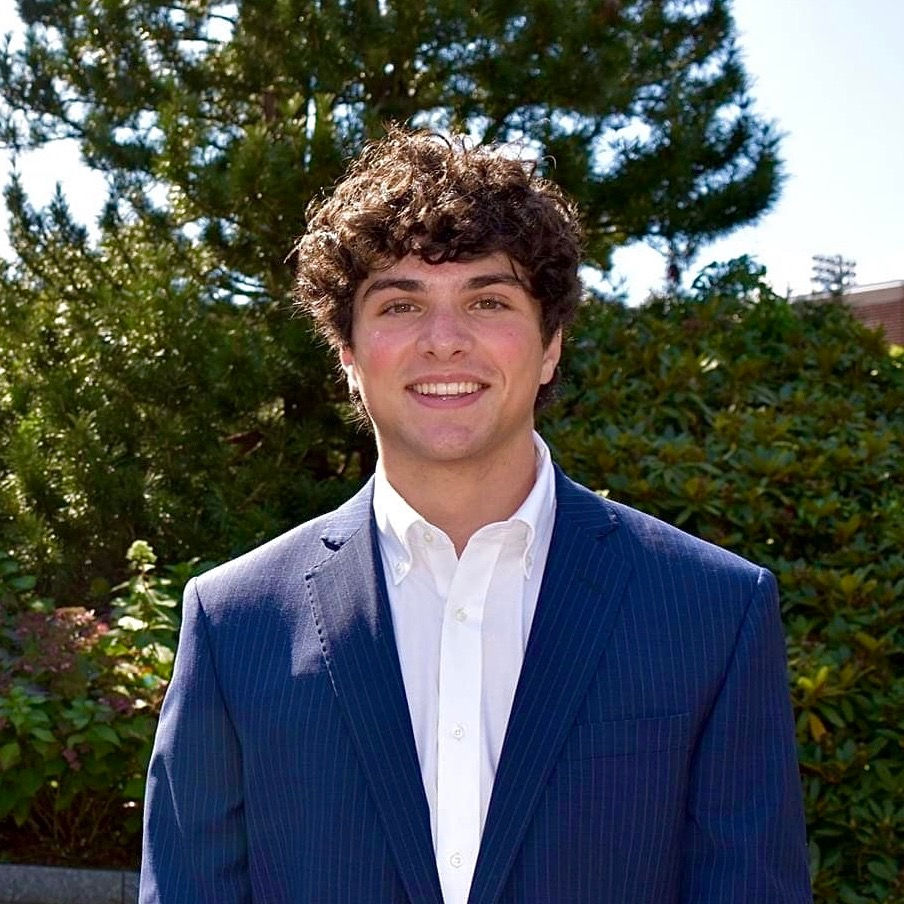Eating Disorders During the Holidays
- Nov 23, 2022
- 4 min read
It's the most wonderful time of the year! The holidays can be an exciting time filled with time spent with family, reconnecting with old friends, sharing gifts, and making new memories. However, for those that struggle with eating disorders, the holidays can be tough.
A lot of our traditional holiday events involve food, which can result in a lot of stress and anxiety for those who struggle with eating. Whether it is the fear of overeating, not having a desire to eat, concern with appearance, being worried about pleasing hosts or guests, or dealing with family member’s comments about diet or body, the fears associated with the holidays can be overwhelming for those who struggle with eating disorders and/or who are in recovery.
The holiday season is also a time filled with activities that inevitably disrupt established routines. This can be frustrating for those who are in recovery and have a routine with meal plans that aid them in recovery. Additionally, all of these activities can be exhausting and make one feel out of control, which is another inhibitor of recovery.

And there are also those who struggle with the holidays for other reasons. Slime may not have the ability to see family and/or friends this year. Some may even be disconnected from family and friends. It is important to remember that wherever you stand this holiday season, there are resources and love out there for you.
Here are some ways to help navigate recovery during the holiday season:
🎁 Maintain contact with your support team - whether it be a friend, a family member, partner, therapist, etc. - it is important to be in communication with your recovery team as they can be there to help guide you through any situation you encounter during holiday activities.
🎁 Plan - instead of hoping for everything to go perfectly, expect there will be speed bumps and plan accordingly. Make sure to allow for flexibility, as not everything is going to go to plan or have as much structure as your normal routine. And remember: the holiday season does not last forever; there will be a time when you return back to your normal routine.
🎁 Communicate boundaries - having conversations with friends and family about your recovery can be tough, but it is important that they know what your boundaries are and the repercussions for not respecting them. Being honest in conversations with your loved ones can also be great in strengthening trust and connection in these relationships. An example of a putting up a boundary could be saying something like: "I know you're worried about me but I have an agreed eating plan with my doctor/dietician, and I'm going to stick to that. Making comments about my eating stresses me out and makes it harder to stick to my plan"
🎁 Know your limits - know when it is time to remove yourself from a situation. The most important thing is your health, wellness, and recovery; it is okay to take some time to re-center yourself and get away from anything that may have a negative impact on your recovery.
🎁 Focus on the good - the holiday season is an amazing chance you get to spend connecting with family and/or friends. Focus on cherishing these moments you get to have with your loved ones. And if you are spending the holidays alone this year, appreciate this time you get to spend with yourself and make sure to practice some self-care.
🎁 Be easy on yourself - the holidays can be a turbulent time for those in recovery; remember to have some compassion for yourself as you navigate through. It isn't always easy, and you are doing a great job.
🎁 There are emergency resources if needed - never be afraid to reach out for help. There are a ton of resources - whether it be in-person or online - that you can access if an emergency situation arises. Here are a few from us:
🇬🇧UK:
Beat - UK charity for eating disorders. https://www.beateatingdisorders.org.uk/get-information.../
Shout - UK-based free, confidential, 24/7 text messaging support service for anyone who is struggling to cope with a mental health issue. https://giveusashout.org/
The Samaritans - a phone service available for free, 24/7 support from any phone. In the UK call 116 123 www.samaritans.org.
🇺🇲US:
National Eating Disorders Association - US nonprofit for eating disorders. https://www.nationaleatingdisorders.org/help-support
🇦🇺Australia:
Butterfly Foundation - Australian nonprofit for eating disorders https://butterfly.org.au/get-support/helpline/
🇨🇦Canada:
National Eating Disorders Information Center - Canadian non-profit for eating disorders. https://nedic.ca/
🌎Global:
FEAST - international non-profit providing support for carers of people with eating disorders https://www.feast-ed.org/
Find the helplines for other countries at https://www.befrienders.org/help-and-support
Beanbag Health also offers free, around-the-clock community peer support through our Discord community
We hope these tips help those who need them this season. Remember that recovery is not always linear and it's okay to have ups and downs. Just keep doing your best and focus on doing what is best for you. Happy holidays! ⭐️
Our app is coming!
Learn more and join our waiting list!

Written by
Jack Manthous
Jack is an intern at Beanbag Health. He is a senior at the University of Connecticut, majoring in Management. Jack states that he has already learned so much during his time at Beanbag Health and feels excited to be a part of a company that is working towards making eating disorder recovery support more accessible. He is looking forward to a future where everyone will be able to access affordable and effective mental health care.

Clinically Reviewed By:
Iain Jordan
Iain is a consultant psychiatrist with postgraduate training in medicine, psychiatry, complexity science, and healthcare informatics. He's fascinated by the relationship between physical health and mental health and has extensive experience with eating disorder patients in inpatient settings. He's an honorary senior clinical lecturer at University of Oxford. His passion is making psychological strategies for recovery available to all.



Comments